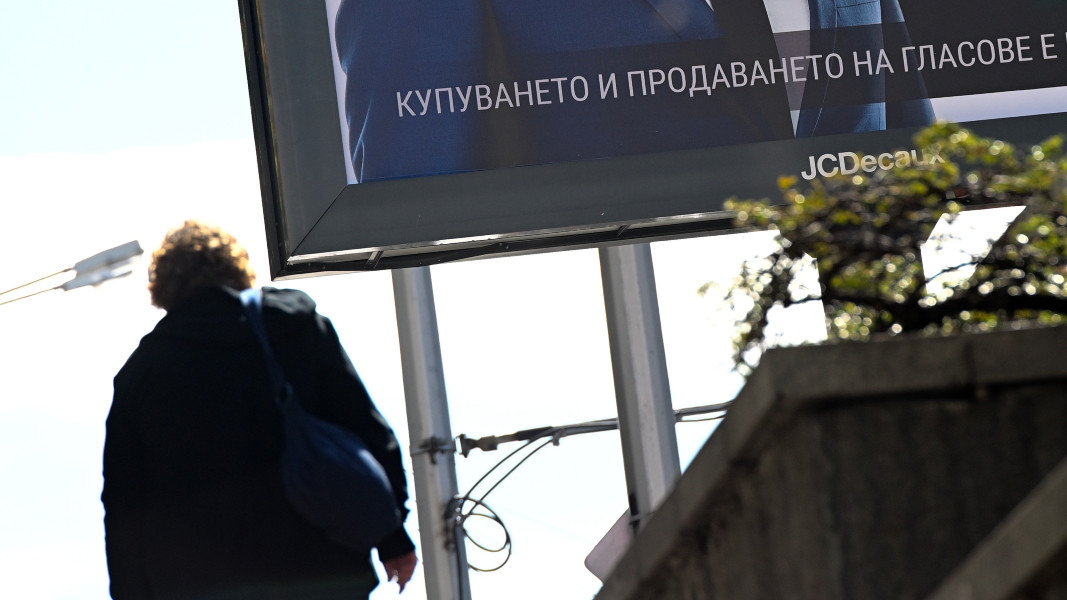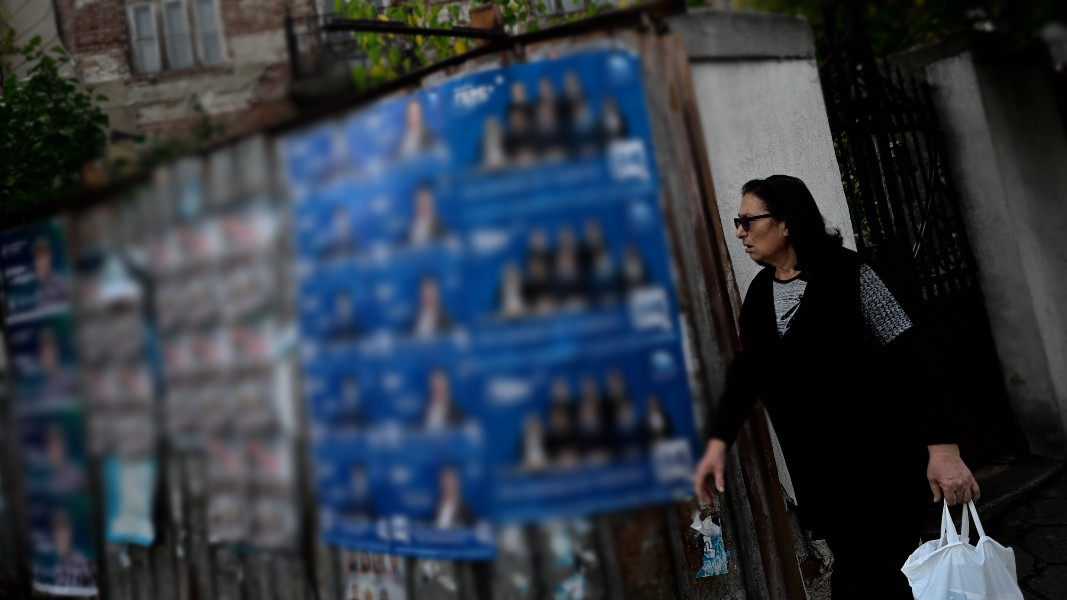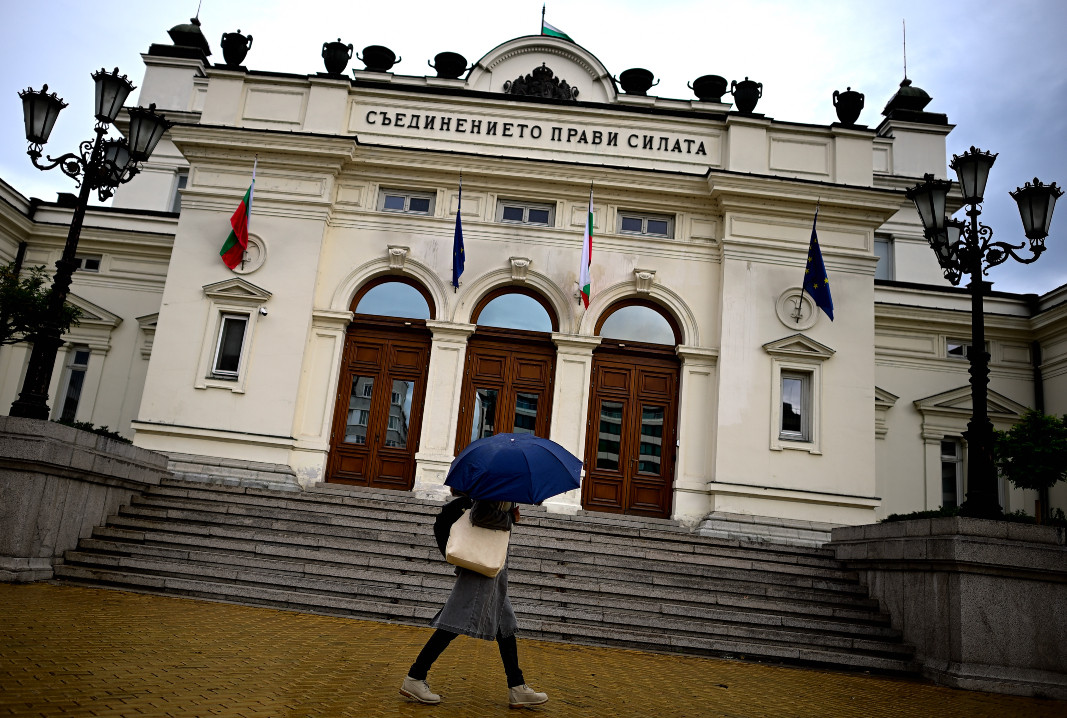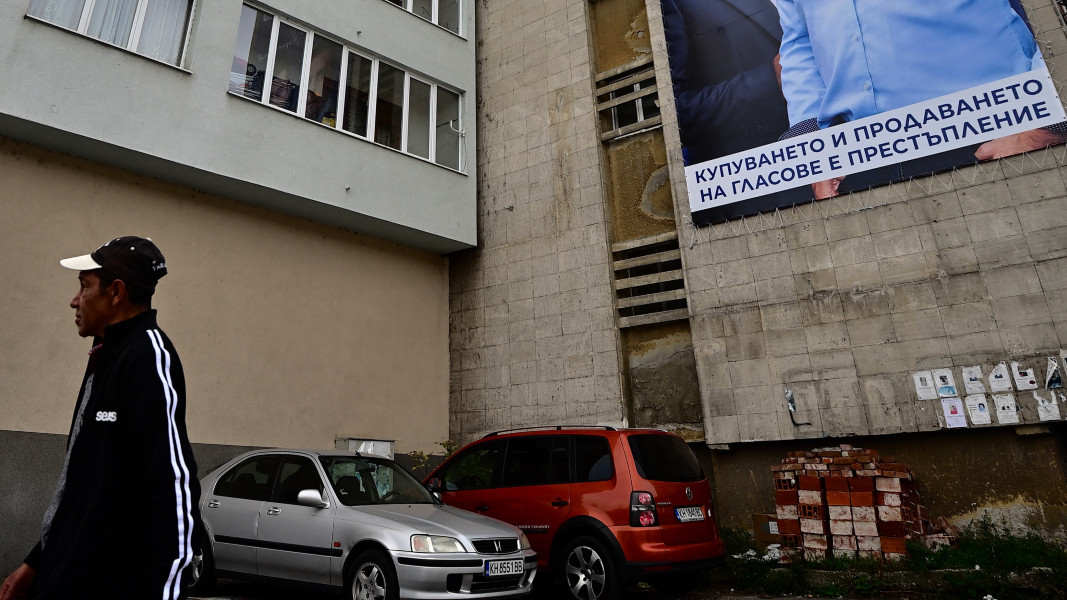
The campaign for the April 2 snap general elections in Bulgaria kicked off on March 3. The next vote will be the fifth in two years. The failed attempts to form a regular cabinet, as well as the controversy over the amendments to the Electoral Code, which allowed mixed voting (by paper ballot or machine) in polling stations with more than 300 voters, made people more skeptical about the electoral process, indicates a survey by Exacta Research Group, conducted from January 1 to February 4, 2023, among 1,050 adults in 70 Bulgarian towns. According to the survey, one in every three respondents believes that people do not go to the polling stations, because they are frustrated and disappointed, and because there is voter fatigue. One in five respondents feels strong intolerance towards the political elite, which demotivates Bulgarians to vote. Meanwhile, according to 14% of the polled, people do not go to the polling stations, because they can’t choose their favourite party. 13% of the respondents no longer believe that elections could change something in the country. According to 7% of the respondents, there is a growing distrusts in the fairness of the vote, elections are predetermined and manipulated and voting is meaningless. Another 7% have difficulties with machine voting and doubt the credibility of results summarized by the voting machine at the end of the polling day.

“I am highly disappointed in everyone. I found out that they mostly care about themselves. However, they should care about people first”, a female respondent from Smolyan district said in a poll conducted by the BNR’s correspondent Radostina Chernokova.
A male respondent from the same region answers with a quote by Bulgarian revolutionary Hristo Botev”:
„„Falsehood and slavery reign on this desolate land! “I can’t say it any better. Everybody lies through their teeth".
Respondents from the capital city Sofia express similar opinions:
“I have stopped informing myself about any political issues over the past two years and I am unlikely to vote. I have heard and watched all kinds of manipulations. I am not a person who can change his mind at the last minute and choose a particular party" – a middle-aged man contends.
“Election debates are not that important because they usually focus on the rhetorical skills and the charisma of the parliamentary candidates, not so much on their political programme. The debates are also marked by scandals which have nothing to do with the political process and the mainstream issues", another respondent said as to whether election debates would help voters make their choice.

Voter fatigue is visible and justified, contends Rosen Stoyanov, Professor of Public Communications and Information Sciences at New Bulgarian University.
"People are fed up with voting for one or another political force which is also the result of the parties’ desire to heat up the atmosphere with confrontation. Perhaps some of the bigger forces like the lower voter turnout and reap political dividends from this situation, because only the hard-core supporters, who are easier to reach and manipulate, cast their ballots."

The high number of people who deliberately refuse to exercise their right to vote is a direct consequence of the latter:
“It is noted that the main political parties are sending out their messages to their hard-core supporters - political scientist Milen Lyubenov notes – To be successful, a big party needs to find the right messages and attract hesitant voters, as well as people who are disillusioned with parties and politicians, but not with the political process. The high voter turnout is important for the parties, or at least for those who want to govern", said Milen Lyubenov.
Compiled by: Ioan Kolev
English version: Kostadin Atanasov
Photos: EPA/BGNES-archive74 % of Romanians have a positive opinion about the introduction of voluntary military service Nearly three-quarters of Romanians (74.2%) have a positive opinion about the introduction of voluntary military service, according to a survey..
We sometimes measure their stay on this earth in days, but with an ethereal flight they transform a moment into a beautiful memory. The Regional Natural History Museum of Plovdiv dedicates its Butterfly Festival to these fleeting..
From September 19, for a month, the sky over the popular Belogradchik Rocks in northwestern Bulgaria will be filled with colorful balloons and magic. The fifth edition of the “Balloon Fiesta” promises five weekends, three types of flights, as well as..
The Bulgarian dance group “Dilmana” based in Copenhagen will celebrate 15 years since its establishment with a celebration on October 18, the formation..

+359 2 9336 661
